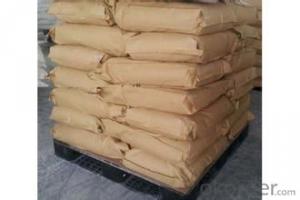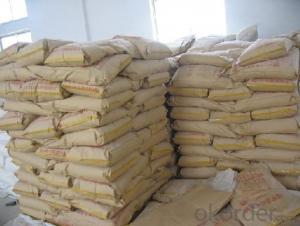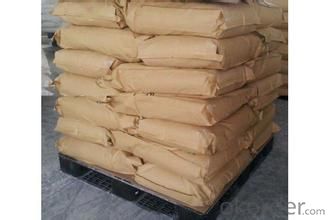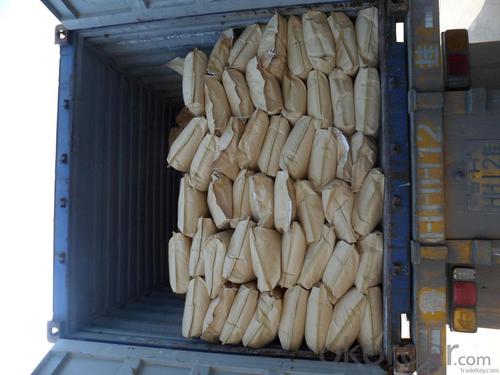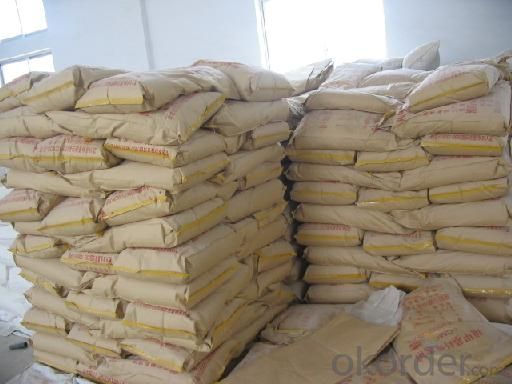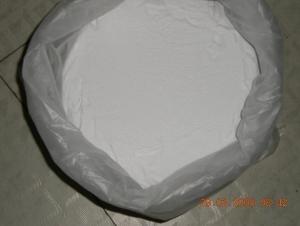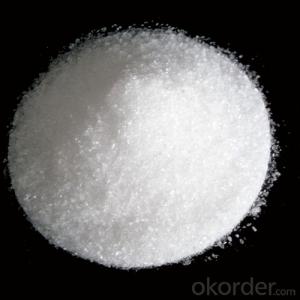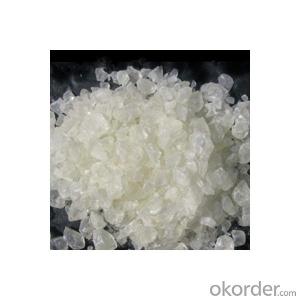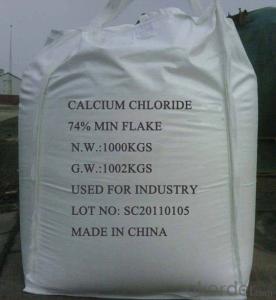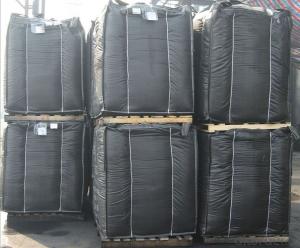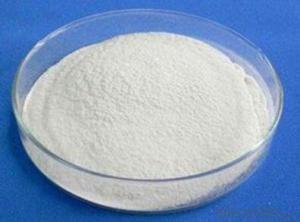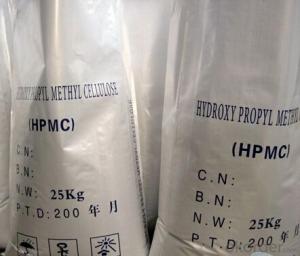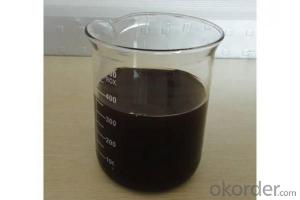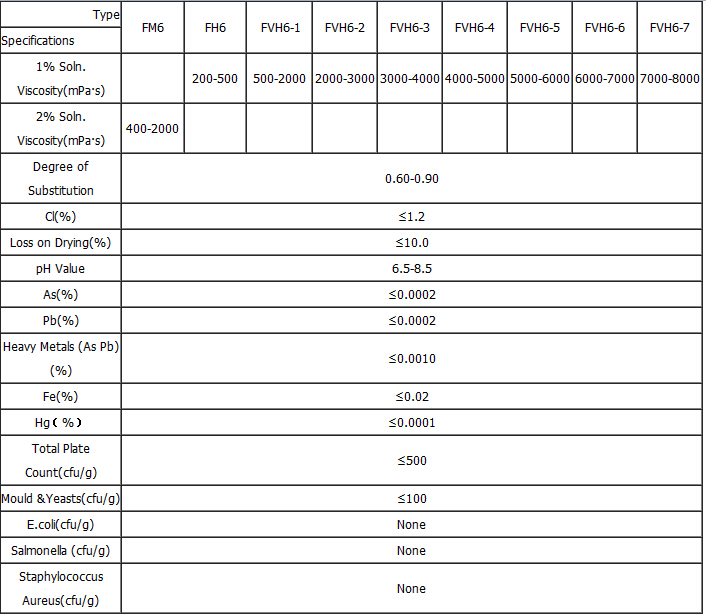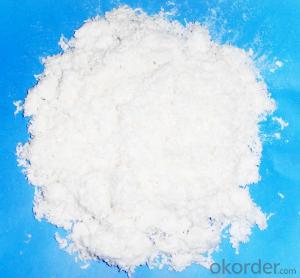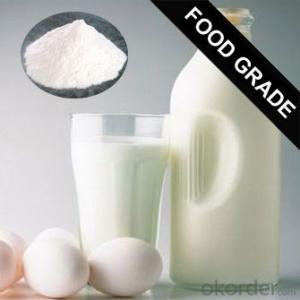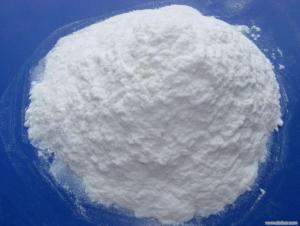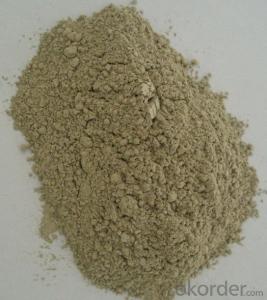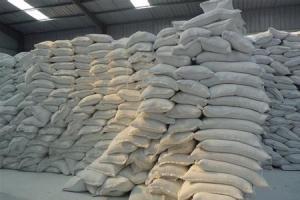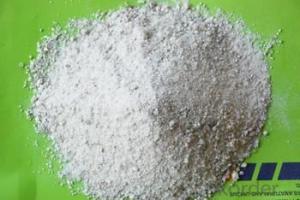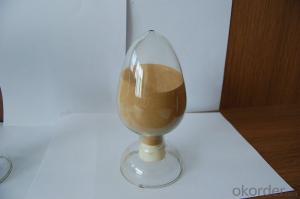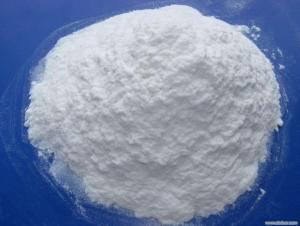Food Grade CMC Carboxymethyl Cellulose FVH9-A5
- Loading Port:
- Shanghai
- Payment Terms:
- TT OR LC
- Min Order Qty:
- 20 m.t.
- Supply Capability:
- 8000 m.t./month
OKorder Service Pledge
OKorder Financial Service
You Might Also Like
| Food Grade CMC Our food grade CMC has good thickening property, water retention, dispersion stability, filming and chemical stability. It has high viscosity even in low concentration, and makes the food taste delicate and smooth; it can reduce the syneresis of food and extend the shelf life; it can control the crystal size in frozen food and prevent the stratification between oil and water; In acid system, our anti-acid products have good suspending stability, so it can improve the stability of milk and the impedance ability of protein; our CMC can be used together with other stabilizers and emulsifiers to complement each other, strengthen each other’s effect and reduce the cost. Used as additive in food field, CMC has the functions of thickening, suspending, emulsifying, stabilizing, shaping, filming, bulking, anti-corrosion, retaining freshness, acid-resisting, health protecting, etc. It can replace the application of guar gum, gelatin, agar, sodium alginate, and pectin. It is widely used in modern food industry, such as frozen food, solid drink, fruit juice, jam, lactic acid drinks, condiment, biscuit, instant noodles, bakery products, meat products, etc. |
|
Technical Specifications of Food Grade CMC(1)
|
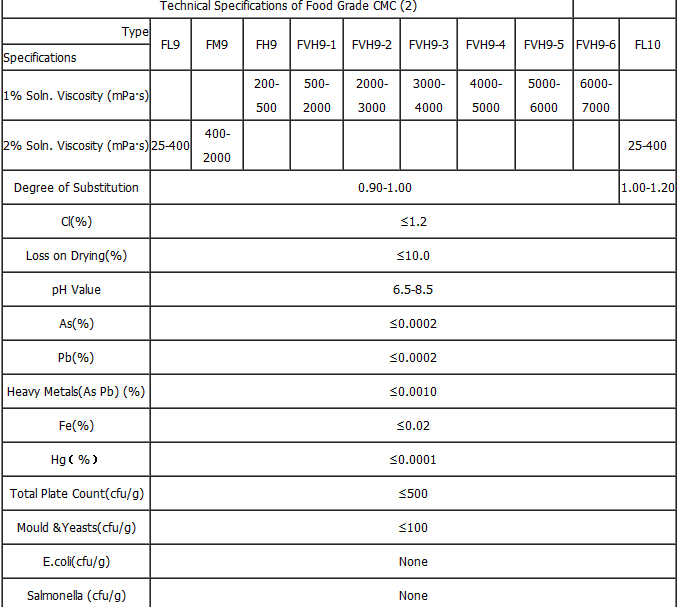 |
- Q: I know fuel additives like STP‘s Octane booster (don‘t complain about them I know they aren‘t all that), I know they can seriously f*ck up more modern engines. But I have a 1987 BMW. with an inline 6 engine. I am wondering if the Injector cleaner, octane boosters, etc fuel additives will damage anything.
- These things are a waste of money. Octane boosters are not the same and are real. Gasoline already has additives and ethanol is known to cause problems in boat induction systems. My fear is that if you do have any varnish in your older tank that the additive might knock it off and plug the fuel filter which should have stopped anything larger than few microns from getting to your injector anyway. Fuel system cleaning at most service centers are largely an income generator with no real benefit unless they are actually cleaning the intake. Most of these shops disconnect a vacuum hose and put cleaner through it. As this path is not through the injector anyway it is of little value.
- Q: what is the best additive or device to save gas?
- A light foot! lol
- Q: How does food additives affect the people?
- that depends entirely on what the additive is. Some are harmless and some can cause problems.
- Q: Whether the margarine is a food additive
- Is a product, not an additive.
- Q: I started the bike on a warm day last week and it ran very rough. After I warmed it up for a half an hour, I took it for a spin to get gas, and it felt like it was gonna stall the entire 20 min. ride. I assume that the gas was bad. If I siphon the tank and add new gas, will this solve the problem? Will seafoam help, or do I need to clean the carbs?
- Do NOT use additives such as seafoam. Simply put in fresh gas and it will be fine. Next time you plan to store it use sta-bil in the fuel system. That is the only additive to use.
- Q: Green pollution-free organic feed additives which, in the production and application of what role?
- Bacillus subtilis is a good strain. Wide range of applications, can be used in the feed company. Used as feed additives. Feed: add to the full price of this product to calculate the product specifications: 20 billion / g) suckling pig: 500-1000 g / t piglets, growing pigs, finishing pigs: 300-600 g / t eggs: 300-600 G / t Meat: 200-500 g / t Ruminant: 500-1000 g / t Aquatic animals: 300-500 g / t Feed Company According to its own situation, for suckling piglets, piglets, growing pigs, finishing pigs, etc. or other animals Appropriate ingredients for poultry. The above data is for reference, the general recommendation can be one thousandth.
- Q: Is it illegal to add hydrogen peroxide to food?
- As China's current health food management and norms there are loopholes, the scope of food additives to supplement is not timely, which led to the introduction of 1996, "food additives use health standards" (GB2760-1996) added content has not been the content , Of course, including the use of hydrogen peroxide and so on. Due to the specific use of hydrogen peroxide range, many people even the relevant departments that hydrogen peroxide can not be used in health food varieties, but can not remain in the product; for the product of hydrogen peroxide residues did not define a Standards and safety.
- Q: What is the difference between multiplicative (epistatic) and additive gene-environment interaction?
- Your rotors are warped. You'll need to replace your brake rotors, or have them turned. Turning them grinds the uneven layer off both sides of the rotor.
- Q: This may have been asked once before, but I‘m asking specifically:Does anyone have any first hand experience with 100% pure acetone as a fuel additive?What are the results?How long have you been using it?Are there any negative side effects?Please do not cite or refer to other websites; I have done my fair share of research and am looking for an opinion from someone who has been using 100% pure acetone. Thank you.
- Here's the deal. It will do exactly nothing. There are hundreds of websites that will tell you that dding two to three ounces of acetone to a tank of fuel will work miracles for your fuel mileage, and probably hundreds more telling you that it will dissolve every plastic and rubber part in your fuel system. It will do neither. I tried several times, just to give it a chance and settle it in my mind. There is no way that two ounces of acetone can have any effect when it is diluted into somewhere between ten and twenty gallons of gasoline. You don't have to believe me or anyone else on here one way or the other, but I guarantee you that you will notice exactly no effects, good or bad, by adding two ounces of acetone to your fuel. However, your car is not designed to run on acetone, and acetone is not a replacement for gasoline. So if you get all crazy and dump gallons of acetone in your fuel hoping for some astronomical mileage figure, you will eventually dilute the gasoline so much that it won't run at all. Stick with 100 percent gasoline instead of playing Harvard Science Major with a car that lots of highly-paid, highly-educated engineers spent years designing.
Send your message to us
Food Grade CMC Carboxymethyl Cellulose FVH9-A5
- Loading Port:
- Shanghai
- Payment Terms:
- TT OR LC
- Min Order Qty:
- 20 m.t.
- Supply Capability:
- 8000 m.t./month
OKorder Service Pledge
OKorder Financial Service
Similar products
Hot products
Hot Searches
Related keywords

